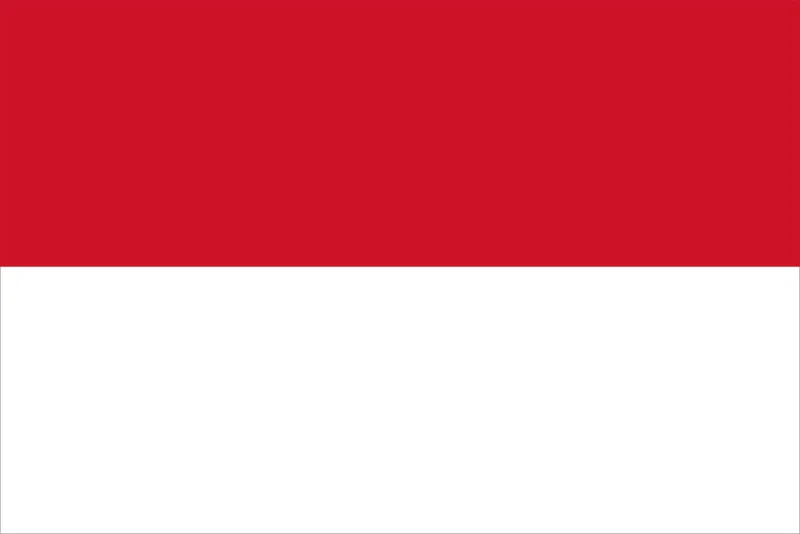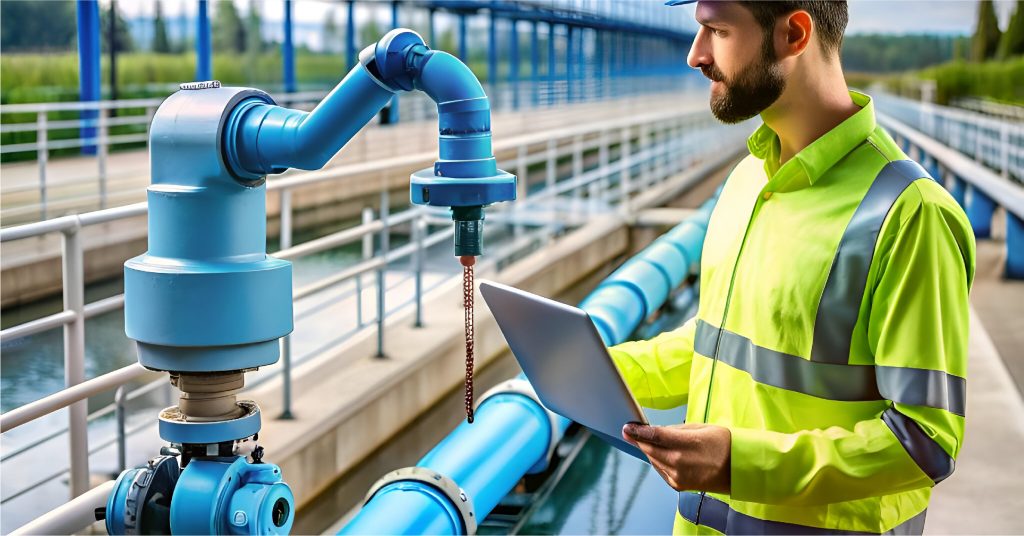Clean and safe water is essential for households, industries, and communities in Indonesia. With the rising demand for quality water and increasing concerns about pollution, choosing the right water treatment system has become more critical than ever. Whether you’re looking for a solution for residential use, an industrial facility, or a municipal project, selecting a system that aligns with your needs can make a significant difference in efficiency, cost, and sustainability.
In this blog, we will explore what a water treatment system is, discuss the factors to consider when selecting a system and highlight the benefits of using the right water treatment plant for various applications.
What Is a Water Treatment System?
A water treatment system is a combination of processes, technologies, and equipment designed to improve the quality of water for a specific use. It removes impurities, including solids, bacteria, chemicals, and other contaminants, ensuring the water meets safety and quality standards.
Water treatment systems vary in complexity, ranging from simple filtration units for homes to advanced water treatment plants for industrial and municipal applications. These systems can handle different types of water sources, including groundwater, surface water, and wastewater, making them a vital component of water management in Indonesia.
Factors to Consider When Choosing a Water Treatment System
Selecting the best water treatment system requires a thorough understanding of your water quality, usage needs, and operational goals. Here are some essential factors to consider:
1. Identify the Water Source and Quality
The type of water source—whether it’s groundwater, surface water, or wastewater—determines the contaminants present and the treatment process required. For example, groundwater may contain high levels of minerals like iron and manganese, while surface water may be contaminated with bacteria and organic matter. Conducting a water quality test is the first step in understanding your treatment needs.
2. Define Your Requirements
What do you need the water treatment system for? Residential systems may prioritize removing harmful contaminants like chlorine and bacteria for drinking purposes. In contrast, industrial facilities may focus on removing heavy metals, scaling agents, and chemicals to protect equipment and maintain production quality. Municipal water treatment plants often require large-scale systems to meet the needs of entire communities.
3. Choose the Right Technology
Different water treatment technologies are available depending on your specific needs. Common options include:
- Filtration: Removes suspended solids, sand, and other particulates.
- Reverse Osmosis (RO): Used for desalination and removing dissolved salts and impurities.
- Ultrafiltration: A membrane-based process for bacteria and virus removal.
- Disinfection: Methods such as UV light or chlorination ensure water safety.
- Ion Exchange: Ideal for removing hardness and certain heavy metals.
Choosing the right combination of technologies ensures the water treatment system performs efficiently and meets your quality goals.
4. Evaluate System Capacity
The capacity of the water treatment system must align with your daily water consumption. For households, this may be measured in liters per day, while industrial and municipal systems require higher capacities based on operational or population needs.
5. Assess Maintenance and Operating Costs
Understanding the long-term costs of maintaining and operating the system is crucial. Some systems, such as reverse osmosis, may require regular membrane replacement, while others, like filtration systems, need periodic cleaning or media changes. Select a system that balances performance and cost-effectiveness for your application.
6. Ensure Compliance with Regulations
Water treatment systems must meet local and international standards for water quality and environmental safety. In Indonesia, compliance with government regulations ensures your system operates within the legal framework and delivers safe, treated water.
7. Partner with Trusted Providers
Choosing a reliable water treatment solution provider is essential for the success of your system. A trusted provider can offer tailored solutions, high-quality equipment, and ongoing support to ensure optimal performance.
Benefits of Choosing the Right Water Treatment Plant
Investing in the right water treatment plant provides several advantages for individuals, industries, and communities in Indonesia.
- Improved Water Quality: Removes contaminants effectively, ensuring safe and clean water for consumption or use.
- Operational Efficiency: Reduces scaling, corrosion, and other issues that can damage equipment and disrupt operations.
- Environmental Protection: Treats wastewater responsibly, minimizing its impact on ecosystems and promoting sustainability.
- Cost Savings: Efficient systems reduce water wastage, lower energy consumption, and minimize the need for chemical additives.
- Regulatory Compliance: Helps meet local and international water quality standards, avoiding legal penalties and reputational damage.
Applications of Water Treatment Systems in Indonesia
Water treatment systems play a vital role in various sectors across Indonesia:
- Residential Use
Households benefit from compact filtration units or reverse osmosis systems that provide clean drinking water, protecting health and well-being. - Industrial Applications
Industries, including food and beverage, textiles, pharmaceuticals, and power generation, rely on water treatment plants to ensure process efficiency and product quality. - Municipal Projects
Water treatment plants for municipalities address the growing demand for clean water in urban and rural communities, supporting public health and hygiene. - Agricultural Use
Water treatment systems enable farmers to reuse treated water for irrigation, reducing water wastage and improving crop yields.
Ion Exchange: Pioneering Water Treatment Solutions in Indonesia
Ion Exchange, a leading company in the water treatment industry, offers innovative and sustainable solutions to address the challenges of modern water treatment methods. By leveraging advanced technologies, Ion Exchange provides efficient, cost-effective, and environmentally friendly water treatment solutions.
For more than six decades, Ion Exchange has been providing a complete range of products and solutions for the water treatment needs of industries, institutions, municipalities, homes, and communities (both urban and rural) globally. Our water treatment methods include a wide range of customized and pre-engineered water treatment plants for clarification, filtration, disinfection, process water treatment, and post-treatment to polish treated water, ensuring it meets critical quality requirements for various uses.
Raw water treatment ensures clean, safe water by removing impurities like solids, bacteria, and hardness through processes such as aeration, filtration, and disinfection. Our systems effectively manage variations in turbidity, flow, and chemicals to meet required feed water quality standards.
We offer a wide range of packaged, industrial, and custom-built water treatment plants for boiler, cooling, and process water applications. Using advanced methods like demineralization, reverse osmosis, and EDI, our solutions deliver high-performance, reliable water treatment for thermal, nuclear, and industrial processes.
Post-treatment processes are crucial for conditioning treated water for specific applications, with options tailored to plant requirements. Ion Exchange offers solutions like condensate polishing units, deaerators, sidestream filters, and specialized chemicals to ensure water meets quality standards for its intended use.
Ion Exchange, under its flagship brand ZeroB, leads potable water treatment in India. Using advanced technologies like reverse osmosis, ultrafiltration, and ozonation, we deliver safe and healthy drinking water from both surface and groundwater sources, ensuring top-quality standards for households and communities nationwide.
Conclusion
Choosing the best water treatment system for your needs in Indonesia requires careful consideration of water quality, usage requirements, technology options, and long-term costs. With the right system in place, you can enjoy improved water quality, operational efficiency, and sustainability while meeting regulatory standards.


